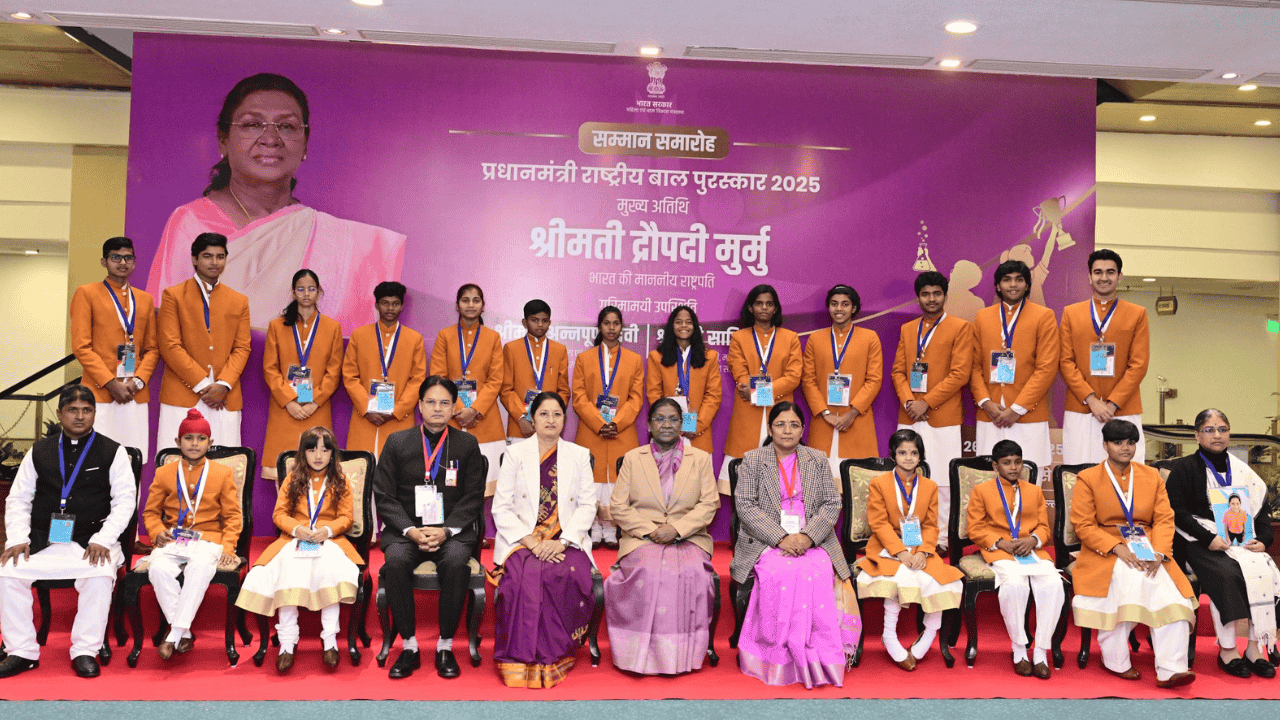India is beginning a new chapter of technological revolution. Today, while the entire world is discussing Artificial Intelligence (AI), a new technology called Synthetic Intelligence (SI) is emerging, which is considered far more advanced than AI. This technology not only promises to enhance machine capabilities but also works toward providing machines with human sensitivity and consciousness.
What is Synthetic Intelligence?
Synthetic Intelligence is a technological concept that is several times more advanced than traditional Artificial Intelligence. While AI only works under predetermined rules based on data, SI has the capability to provide machines with human qualities like sensitivity, consciousness, identity, and willpower.
The main objective of SI is to create machines that can not only think independently but also understand new situations and find their own solutions. This technology claims to provide machines with genuine intelligence, not merely imitation of it.
Key Differences Between AI and SI
Limitations of Artificial Intelligence
Artificial Intelligence is fundamentally "simulated intelligence" that mimics human intelligence. Its main characteristics include:
Working based on predetermined rules
Data pattern recognition and analysis
Decision-making under fixed programming
Proficiency only in trained tasks
Advanced Capabilities of Synthetic Intelligence
Synthetic Intelligence has the following revolutionary features:
Capability of independent thinking and reasoning
Adaptation to new situations
Emotional understanding and sensitivity
Self-learning capability
Creative problem-solving
According to experts, while AI acts like a skilled actor mimicking human behavior, SI aims to create genuine intelligence.
Scientific Foundation of Synthetic Intelligence
Technical Structure
SI development is based on the concept of synthesis, where various foundational elements are combined to create genuine machine intelligence. This includes:
Combination of advanced algorithms
Capability of causal reasoning
Elements of self-awareness and consciousness
Power of interactive computation
Current Research Status
In 2025, SI research is progressing rapidly. Major technology companies are investing heavily in this field. Particularly, progress in Generative AI and Machine Learning is accelerating SI development.
Future Possibilities and Challenges
Expected Benefits
Development of Synthetic Intelligence is expected to bring revolutionary changes in the following areas:
Better diagnosis and treatment in healthcare
Personalized learning systems in education
Fair decisions in the judicial system
Rapid progress in scientific research
Potential Risks
Experts also point to several challenges with SI development:
Impact on employment - especially on decision-making jobs
Ethical and legal issues
Changes in human-machine relationships
Privacy and security challenges
Importance of SI in Indian Context
India is promoting technological development under Digital India and AI Mission. Development of Synthetic Intelligence could provide India with the following benefits:
Increase in technological self-reliance
Promotion of innovation and research
Acceleration in economic development
Technological solutions to social problems
Why This Matters for Your Exam Preparation
For candidates preparing for UPSC 2025, Synthetic Intelligence is an extremely important topic:
Important Points for Prelims:
Understanding differences between AI and SI
Knowledge of technical terminology
Updated knowledge of current developments
Connection with India's technological policies
Analytical Approach for Mains:
Assessment of social impact
Analysis of ethical and legal challenges
SI's role in India's technological progress
Evaluation of impact on employment and economy
For Essay and Ethics:
Ethics of human-machine relationships
Balance between technological progress and human values
Solutions to future challenges
With 10-15% weightage in the Science & Technology section, this topic is extremely important for your success. Currently, this is an emerging technology that has the potential to be repeatedly asked in future examinations.







